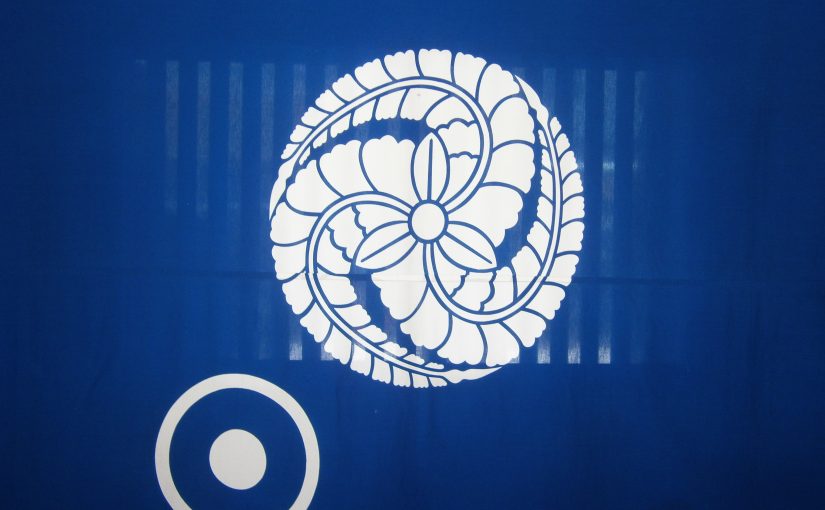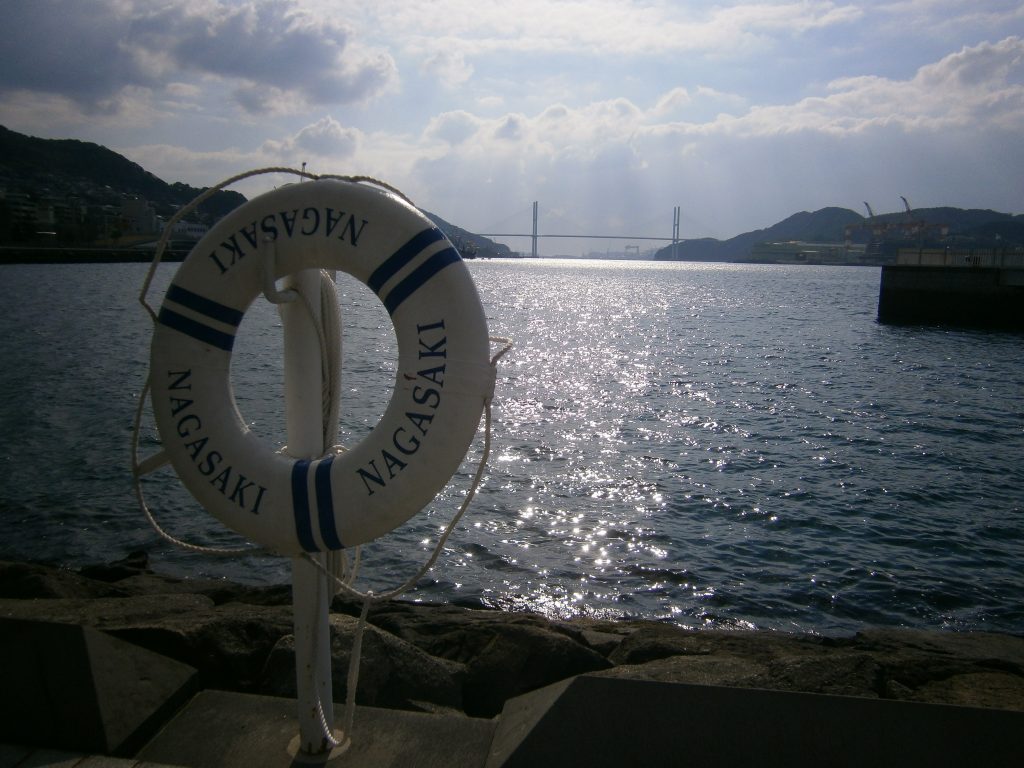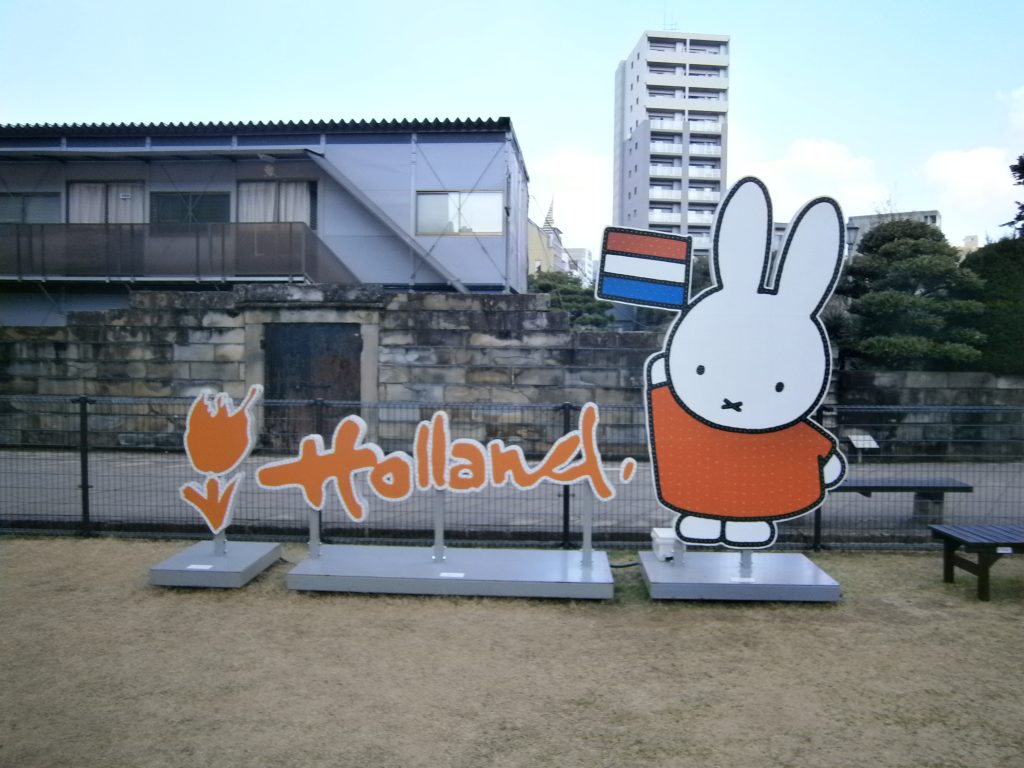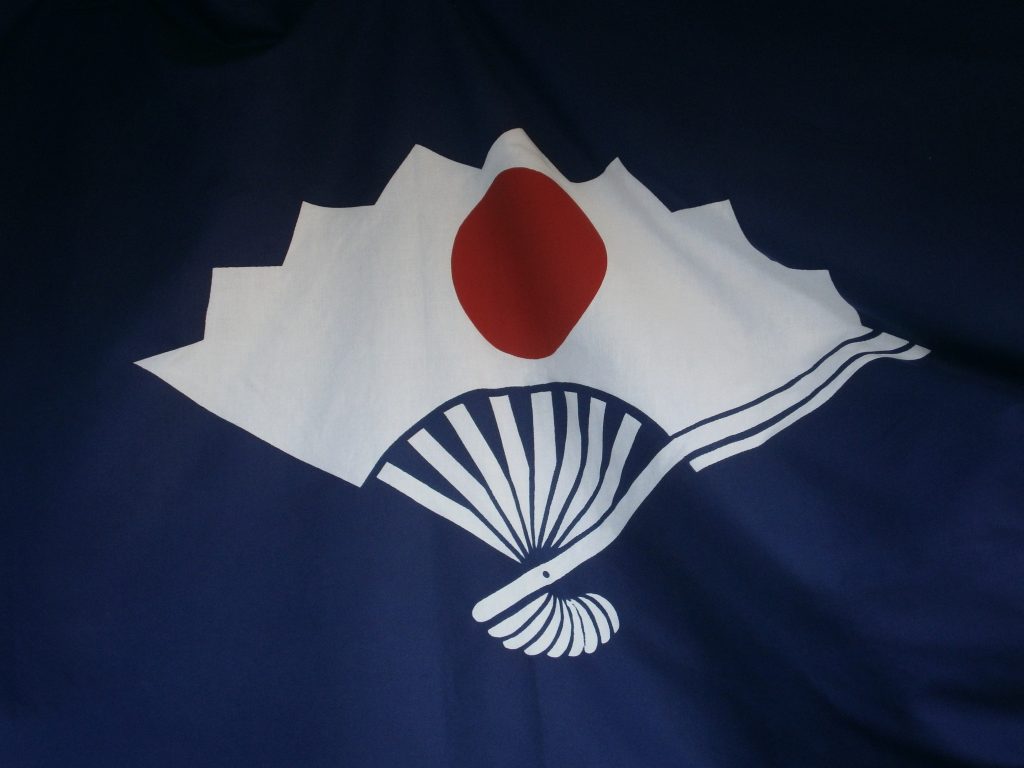Fun fact: I’m not dead. But I am quite worried. Not just about England’s performances at the Euros, either. I may be pocketed away in a forgotten corner of Japan right now, but that has not stopped me looking on with increasing concern as events in the UK have grown from a passionate political debate into something that I find really quite alarming. Hooliganism, racism and murder? What is going on over there? Britain is in the spotlight right now and even here, I feel a vague sense of dread that someone is going to call on me as The British Guy to explain the situation.
I have generally tried to keep my blogging lighthearted, but sometimes an issue comes up that is impossible to ignore. I have been pro-EU since I studied it for my A Levels, but I’m generally happy to let people make up their own minds. This time, though, I’m caught with a foot in both worlds. I’m British and an immigrant, honoured to have friends from across the EU and the Commonwealth. As such, I feel that to be silent in the face of creeping racism and xenophobia is to be complicit in it and I would like to be able to look my friends in the eye after Thursday.
Besides that, sometimes it’s good to get a fresh perspective on things from a place that is sort of oblivious to what is going on. There are a million wonderful sources on economic facts and the workings of the EU which I encourage you to read, but let’s think about some other things here using Japan as a comparison. Despite the many differences that I ham up on this blog and elsewhere, Japan is actually quite similar to Britain in many ways. In some respects it’s the nation that Brexit campaigners would like: an independent, conservative, generally prosperous chain of islands with a marked feeling of difference from the mainland. With this in mind, let’s look at a few issues that I feel have some bearing on the xenophobia surrounding the EU referendum, particularly the Leave campaign. That’s right, this blog is even less democratic than the European Commission. I hope you like what you see.
The Weight of History
I shouldn’t have to explain too much when I say that events in Hiroshima and Nagasaki in 1945 still reverberate around Japan today. The atomic bombings stunned a nation on its knees and began a long process of recovery that has made a love of peace one of the most important values a Japanese person can have. Last month, I accompanied my second year students on a trip to the Nagasaki Atomic Bomb Museum with the explicit aim of ‘learning about peace’ at a private memorial service. All students in my school will do this and they are far from alone, as the thousands of origami cranes at the site attest. Japan will not forget, but it has forgiven. So, all’s well that ends well, right?
Debatable. Since the war, Europe has had a collective rebuilding process, consciously uniting its economies into a single market and forging stronger political ties in a way that will hopefully prevent the rise of fascism in Europe again. Apologies have been made and enemies reconciled. The EU is our statement of peace and brotherhood. In Asia, Japan has also focused on peace. Yet China and South Korea remain suspicious and unimpressed. For them, the atomic bombs gave Japan a ‘get out of jail free’ card, covering up their own war crimes. Chief among these Japanese war crimes are the Rape of Nanjing, which left somewhere between 40,000 and 300,000 Chinese civilians dead, and the kidnapping of South Korean women for use as ‘comfort women’. Japan has apologised many times, but it has never been truly accepted. For the Chinese and Koreans, sorry is not enough and now Japan is tired of them not listening. It’s not for me to judge who is right, but it’s also not a stretch to say that WWII is still having a real, destabilising influence in East Asia in a way that we Europeans have somehow lucked out of.
After the Holocaust, trench warfare and the fire-bombing of Dresden, the fact that we forgave the unforgivable to create the EU is a miracle. It stands for far more than endless bureaucracy about bananas. It is a symbol of peace, forgiveness and unity, a way of saying never again and no more. Obviously you can’t buy delicious and legally curvy bananas with symbols, but how you treat a symbol says a lot to outsiders about your country as a whole. Call me starry-eyed if you want, but soft power can be just as important as economic or military might. We stand to lose a lot of that if we stomp back across the Channel muttering about how we never liked Fritz anyway.
Sovereignty
I have heard this word a lot in the last few weeks, often from people who I suspect learned to spell it at some point during that time. Sovereignty is, to botch a complicated concept, the ability to govern exactly as you want within your territory, completely free of outside influences like the EU. It is generally accepted to be a good thing, or even a rainbow filled bubble of unicorn tears, money trees and England teams that win on penalties, depending on your point of view. It is also generally accepted to be a thing. But I like to mess with people’s heads, so let’s think about that for a second.
Japanese history has one of the best examples of sovereignty in practice that I can think of, outside of one other mystery modern state. I love quiz time, so the big reveal for that is below. During the sakoku, or closed country, period (1633-1853) no one was able to enter or leave Japan under pain of death. It was the sort of thing that gives Nigel Farage that fuzzy feeling: the Japanese doing Japanese things, keeping things just as they’d always been. The population boomed, infighting was ended and the economy didn’t do too badly either. Perfect. Until U.S. Commodore Matthew Perry turned up bristling with guns and broke the country open by force. Japan panicked and, in trying to make up lost ground, ended up with a suspiciously imperial and nationalistic democracy based on the Germans.
Now, if we leave the EU I don’t expect Arnold Schwarzenegger to ride a nuke across the Atlantic to ask why we haven’t caught up on Game of Thrones yet. But there are important lessons to be learned from this. Firstly, sovereignty doesn’t exist in a vacuum and therefore maybe doesn’t exist at all. There are always outside influences and the ones you like the least tend to be the most persistent. Maybe Switzerland and Norway are more sovereign than Britain, but the mere presence of the EU means that they have to pay millions into an economic system that they can’t control and accept policies that they can’t debate. Secondly, inward-looking countries get left behind. Japanese samurai and feudal systems are quaint and all, but they’re not worth much against global reach, money in the bank and a position on the cutting edge of technology. But why not, let’s take that economic dominance back from Brussels and nationalise the scone industry if we can. Speaking of inward looking countries…
Answer: if you went for The Splendiferous State of Kim ‘Sexy Eyes’ Jong-un and His Assortment of Unusual Haircuts, you’d be correct.
Democracy
By the people, for the people. That’s the dream anyway. Unfortunately, the tyranny of Brussels prevents St George II / Diana saving us from whatever catastrophe comes up that afternoon. Japan, of course, is not ruled by Brussels. It’s also conservative, patriotic and dedicated to the needs of its people. So naturally it never puts a foot wrong. Well…
It turns out that having a bunch of old, right-wing men in charge isn’t always the best thing for a country, particularly if the people in it are foreign. In 2014, Japan’s Supreme Court ruled that it is entirely legal to refuse welfare benefits to foreigners. Some people would argue that this is perfectly reasonable, but please remember that I also pay taxes in Japan. In fact, it’s illegal not to pay my taxes. I am forced to contribute to a system that I am not entitled to withdraw from, even in an hour of darkest need, simply because I was not born here. The same goes for foreigners with families here, people who will work and contribute to the Japanese economy for the lion’s share of their lives. But that doesn’t matter, because they’re not from round these parts. More on this can be found in the link below.
Although I find this quite staggering, I’m not here to complain about it. Instead, I think this illustrates an important point about democracy and the ruling elites. Small groups of people are not always good at electing the best people to govern and you can end up in some pretty unjust situations. This is exacerbated in England by a voting system that isn’t particularly democratic anyway. If we leave the EU, it’s not impossible that Nigel Farage, Michael Gove and Jeremy Hunt amongst others could end up wielding real, constitution-making power in Britain. If you know anything about those three, you may not be overjoyed at that. As it stands the democracy of the EU draws on a continental pool of moderate voters, helping to protect against lurches to the far right or left in any of the member states. The votes of moderates in Poland, Malta etc inform the decisions of the EU, helping to create a massive moderate bloc that shuts down dangerous local laws and prevents extremists from inflicting real damage on communities throughout the EU. When it comes to democracy, where you draw the boundaries is important. Japan can’t do this and as a result discrimination is a real, ratified thing here. I don’t think we need to give that a second chance back home.
One final aside: the greatest joke ever told on this blog is the fact that Nigel Farage calls the EU undemocratic. Britain is under-represented in Europe, but primarily because his UKIP MEPs refuse to show up and give us a voice in Brussels. They’re happy to collect their salary, though. Here’s hoping some of those scary immigrants steal his job some time soon.
Fin
I don’t claim to know everything about the EU. I don’t have a PhD in political science or even a list of facts to hand. But I hope rephrasing some of the questions provokes you to think your way entirely around the subject and make a more informed decision. I’m still looking for them, but I believe there are logical reasons to leave the EU free from the taint of xenophobia. The problem is that the debate is being warped into a referendum on foreigners and whether they are good enough for Britain. That is such a ridiculous question that we have to speak out.
At work, I stand in front of my students every day and encourage them to open their eyes to the world around them, to begin to grasp at the wonderful opportunities that come from empathy and interest in those around you. In solidarity with teaching staff everywhere, I try to show them that the best way to deal with a problem is through communication, teamwork and simple hard work, not through blind hatred and irrational violence. Both of these tasks will become much harder if my country, my culture, makes a decision that goes against all of that. A decision that, rightly or wrongly, is rapidly becoming defined by fear and intolerance of people that we do not understand. People like my students. That is why I could not remain silent.
Vote carefully and with a clear head. See you after the apocalypse.



